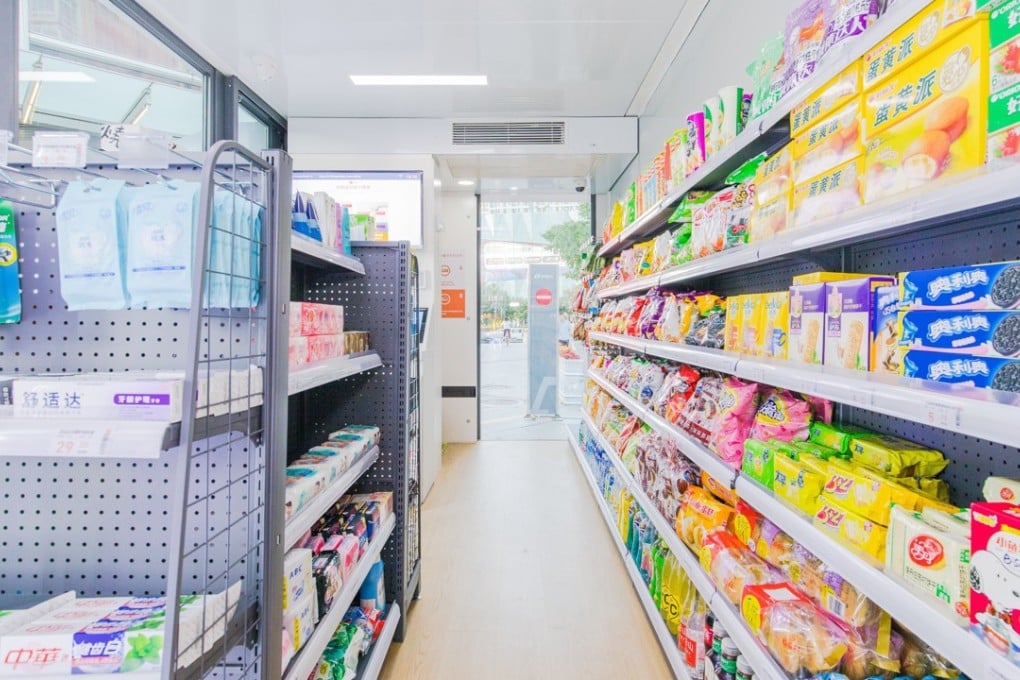Update | BingoBox to expand its unstaffed store concept beyond mainland China
Chinese start-up eyes Hong Kong, other Asian countries as next move after setting up 200 stores in home market

If BingoBox chief executive and founder Chen Zilin has his way, the start-up’s 24-hour unmanned convenience stores will eventually be scattered all over the world, from mainland China – where it currently has 200 stores – to countries in Europe, where few stores are open after dark.
In Hong Kong, BingoBox is in talks with several local partners to jointly operate unmanned stores and will target areas which don’t have convenience stores, such as parks, villages and public housing estates. The company is also looking to expand into South Korea and Malaysia by the second quarter of 2018.
“As more unmanned BingoBox stores open, we will gain more data on what customers are buying and can offer a customised range of products that appeal to residents in that area at a much cheaper cost [due to economies of scale],” Chen said in an interview.
“By analysing and acting on BingoBox stores’ consumption data, we never have to worry about excess supply or shortage of perishable foods. As long as there is demand, we will always have supply.”
Chen pioneered the unmanned convenience store concept in China, opening the first BingoBox store in Shanghai in June. Since then, a flurry of start-ups and tech companies have experimented with similar concepts, including Guangzhou-based F5 Future Store.
Technology and retail companies are experimenting with unmanned store concepts in China, as part of a push to meld online commerce with physical shopping. In the US, Amazon operates a checkout free store called Amazon Go in a beta programme for employees only, while 7-Eleven opened its first unmanned store in Seoul, South Korea in May, called Signature.